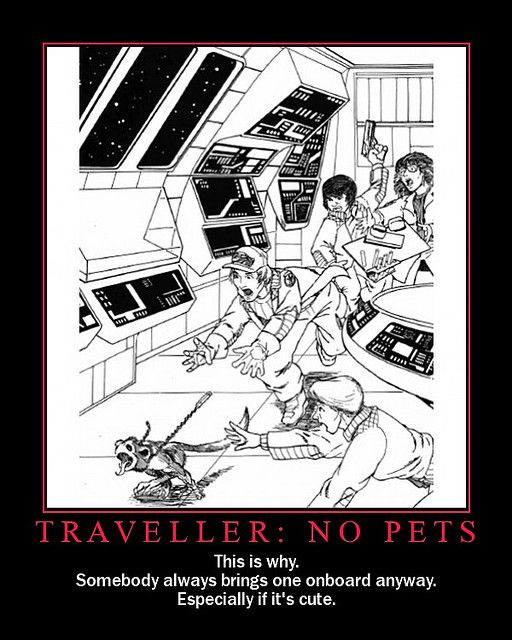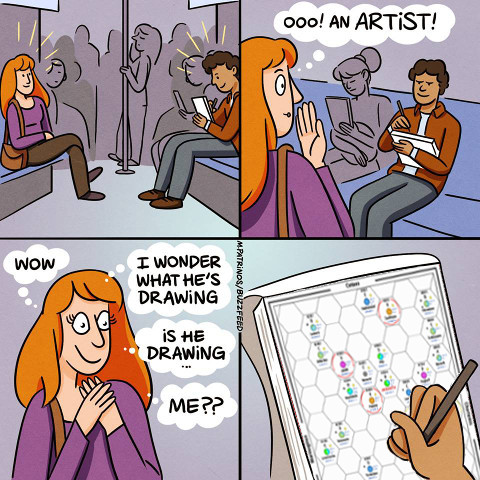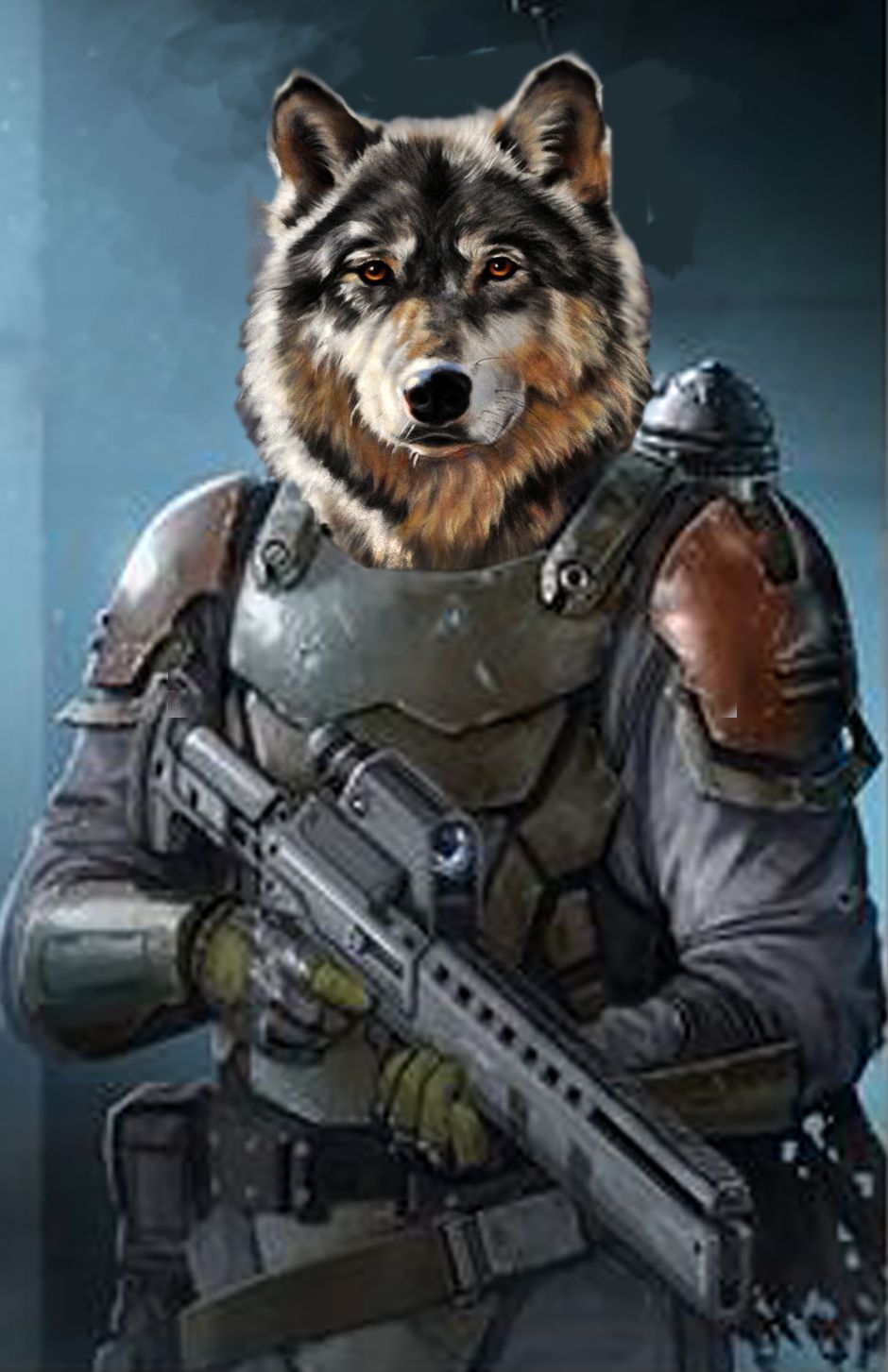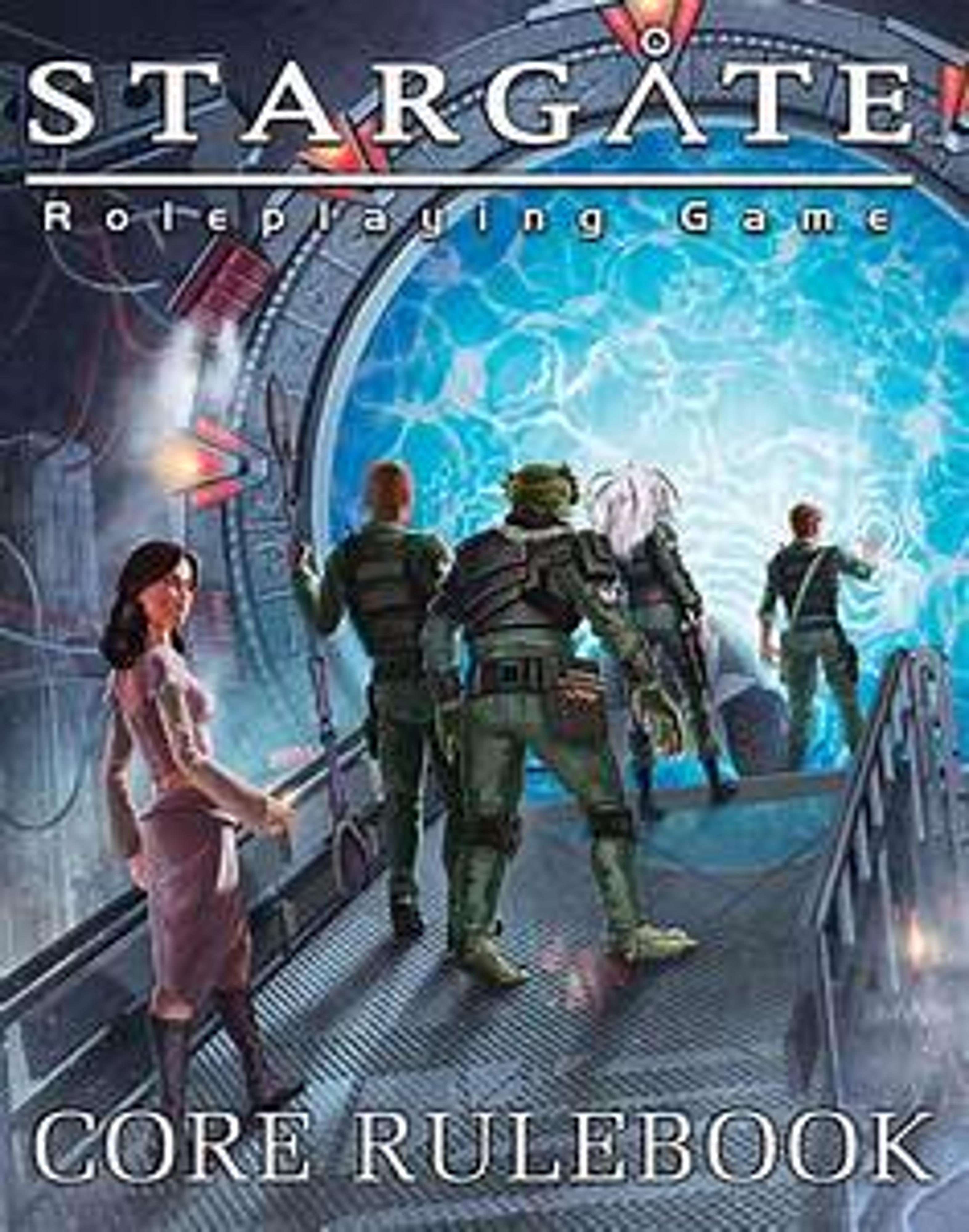Kinda rambling through the replies . . .
Shadowrun was fun when the GM was really into describing a dark, goth, thechno-world. But when subsequent GMs provided only cursory descriptions and dice rolls, I lost interest.
Since then, I discovered Starfinder, another science-fantasy setting spanning an entire galaxy. It has many of the same elements that Shadowrun had, and added such features as undead fleets of starships looking for new 'recruits' to join their necrotic crews.
Link: Starfinder Roleplaying Game - Wikipedia
Its predecessor, Pathfinder, is similar to D&D, and has become more popular than D&D in recent years.
Card games? Tried M:TG, but it did not hold my interest. Regular Blackjack or five-card draw poker with nothing wild is about all the card games I'll play. My family used to take trips "up to the lake", where all us kids and our cousins would play Yahtzee and card games.
Traveller is still my favorite. Except for psionics and FTL travel (without FTL communications), Traveller tends toward the 'hard' end of the science-fiction spectrum -- there is no magic, although Clarke's Third Law prevails. (e.g., "Any sufficiently advanced technology is indistinguishable from magic.")
So I'll repeat the question: How do you develop your characters' backstories?
Thank you for the replies!
Shadowrun was fun when the GM was really into describing a dark, goth, thechno-world. But when subsequent GMs provided only cursory descriptions and dice rolls, I lost interest.
Since then, I discovered Starfinder, another science-fantasy setting spanning an entire galaxy. It has many of the same elements that Shadowrun had, and added such features as undead fleets of starships looking for new 'recruits' to join their necrotic crews.
Link: Starfinder Roleplaying Game - Wikipedia
Its predecessor, Pathfinder, is similar to D&D, and has become more popular than D&D in recent years.
Card games? Tried M:TG, but it did not hold my interest. Regular Blackjack or five-card draw poker with nothing wild is about all the card games I'll play. My family used to take trips "up to the lake", where all us kids and our cousins would play Yahtzee and card games.
Traveller is still my favorite. Except for psionics and FTL travel (without FTL communications), Traveller tends toward the 'hard' end of the science-fiction spectrum -- there is no magic, although Clarke's Third Law prevails. (e.g., "Any sufficiently advanced technology is indistinguishable from magic.")
So I'll repeat the question: How do you develop your characters' backstories?
Thank you for the replies!



